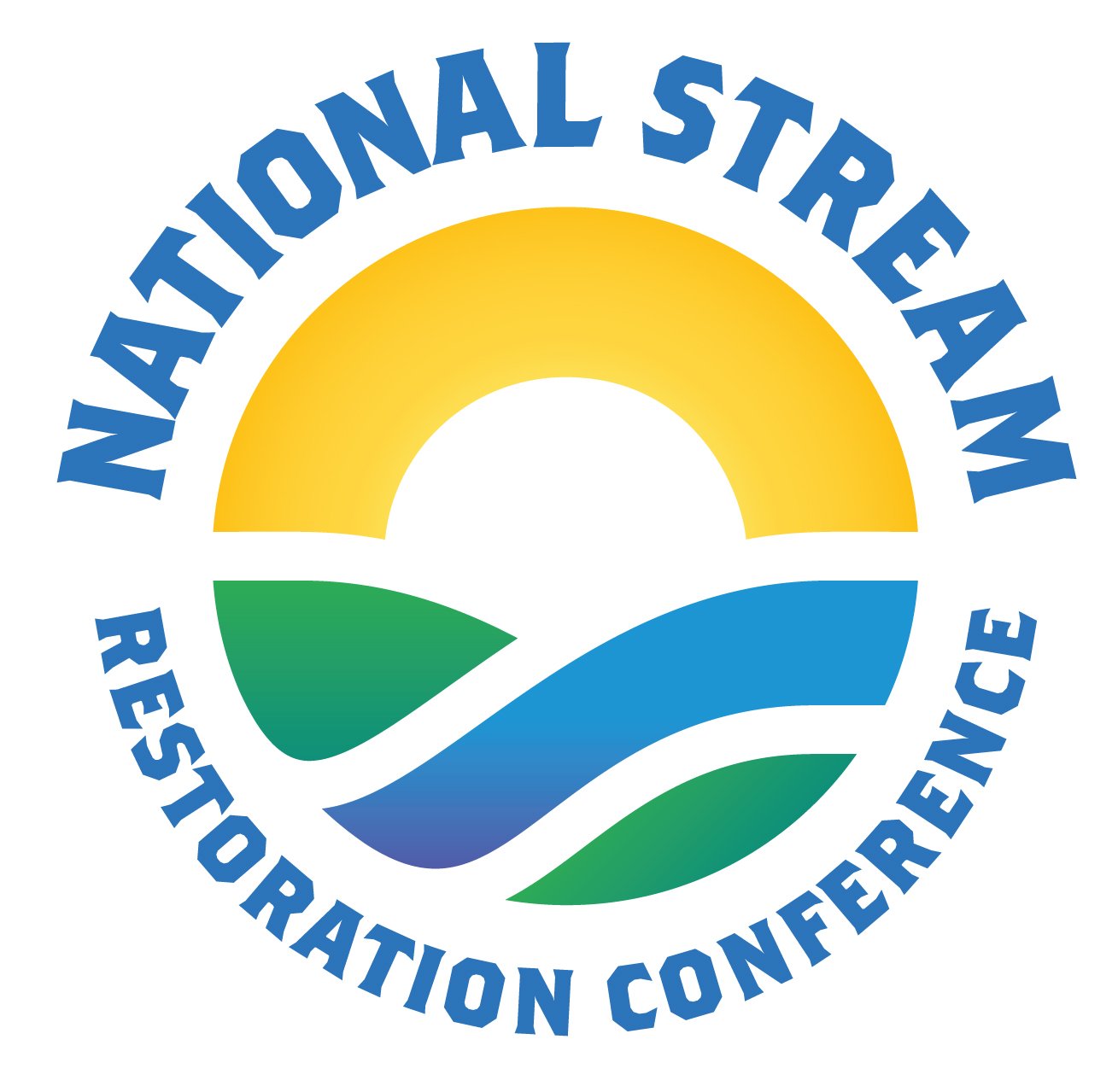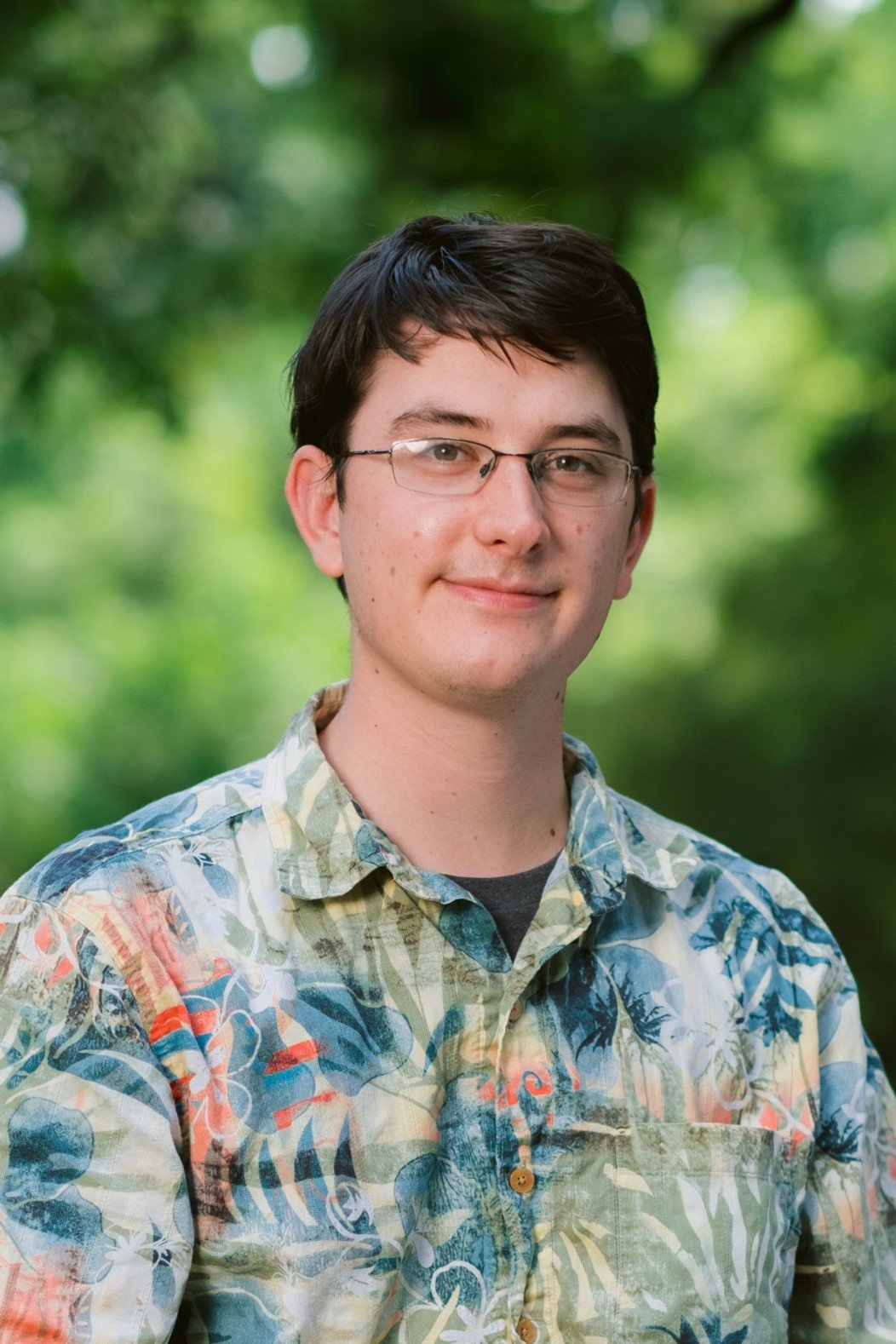Regenerative Stream Channel (RSC) as a Design Philosophy to Achieve Dynamic Alluvial Valley (DAV) in Constrained, Urban Conditions
Keith Binsted
Amy Hruska, PhD
Underwood & Associates
Annapolis, Maryland
Following the previous National Stream Restoration Conference (2023), a report was released by Samuel Leberg (ORISE fellow at EPA) titled “Expanding Monitoring and Performance to Dynamic Stream Systems”. This document describes Dynamic Stream Restorations, or Dynamic Alluvial Valleys (DAVs) as a collection of stream restoration approaches or techniques intended to create multithreaded, beaver-managed, or stream-wetland complex results. This document states:
Not every site can support the restoration of a DAV. DAVs are appropriate to restore in relatively wide, lower gradient valleys, in either current or historical (prior to anthropogenic disturbance) depositional valleys (Wohl et al. 2021). DAVs require significant space to accommodate high flows without increasing shear stress beyond the ability of the vegetation and substrate to recover. Furthermore, space is required to allow for diverse habitat, including off-channel wetlands. DAVs are depositional, so there must be available material to deposit, and depositional areas that are accounted for. Gradient should be low relative to the region. Finally, there must be the potential to create transitions between the DAV and areas upstream and downstream…”
This proposed session would explore multiple constructed project case studies where these site restrictions were overcome to achieve the stated goals of DAVs within the highly constrained, urban environment. The intention of this session is to provide attendees with the confidence that DAVs can be achieved in a wide range of challenging site conditions, explore Regenerative Stream Channel (RSC) techniques and strategies used to achieve these goals, and share data and lessons learned from design, construction, and scientific monitoring of these case study projects.
About Keith Binstead
Keith is a watershed scientist providing stream assessments, site surveys, design and engineering, and permitting services in support of ecosystem restoration projects. He has extensive project experience in rapid and intensive assessment of streams within both the piedmont and coastal plain ecoregions of Maryland and DC. He has previously provided stream assessment support for the Metropolitan Washington Council of Governments. He is proficient with a wide variety of sampling techniques and data analysis tools including the Maryland Biological Stream Survey (MBSS) Index of Biotic Integrity for both fish (FIBI) and macroinvertebrate (BIBI) communities. Keith also has considerable experience engineering and designing RSC stream restoration projects and vegetated breakwater living shoreline projects. He is proficient with a wide variety of analysis and planning tools including geographic information systems (GIS), hydraulic and hydrologic numerical models, and expected ecological uplift calculations, including TMDL nutrient load reduction credits.
https://www.linkedin.com/in/keith-binsted-480420100/
About Amy Hruska, PhD
Amy is the Senior Research Scientist for Underwood & Associates, Inc., and is responsible for coordinating and conducting research and monitoring of our restoration projects. She joined U&A following a postdoctoral fellowship at the Smithsonian Environmental Research Center conducting research as part of the Chesapeake Working Land and Seascapes Project. Amy found her passion for conservation and restoration science early during her undergraduate degree and has over 15 years of experience in applied field research, data synthesis, and data analysis. Her expertise covers a diversity of ecosystems including Midwest forests and streams, Appalachian and Hawaiian forests,and forests, grasslands, and streams in the Coastal Plain and Piedmont. Throughout her career, Amy has been heavily involved in her scientific and local communities, working with a variety of stakeholders, conducting public education opportunities, teaching academic courses, and mentoring students through scientific research.
https://www.linkedin.com/in/amymhruska/


